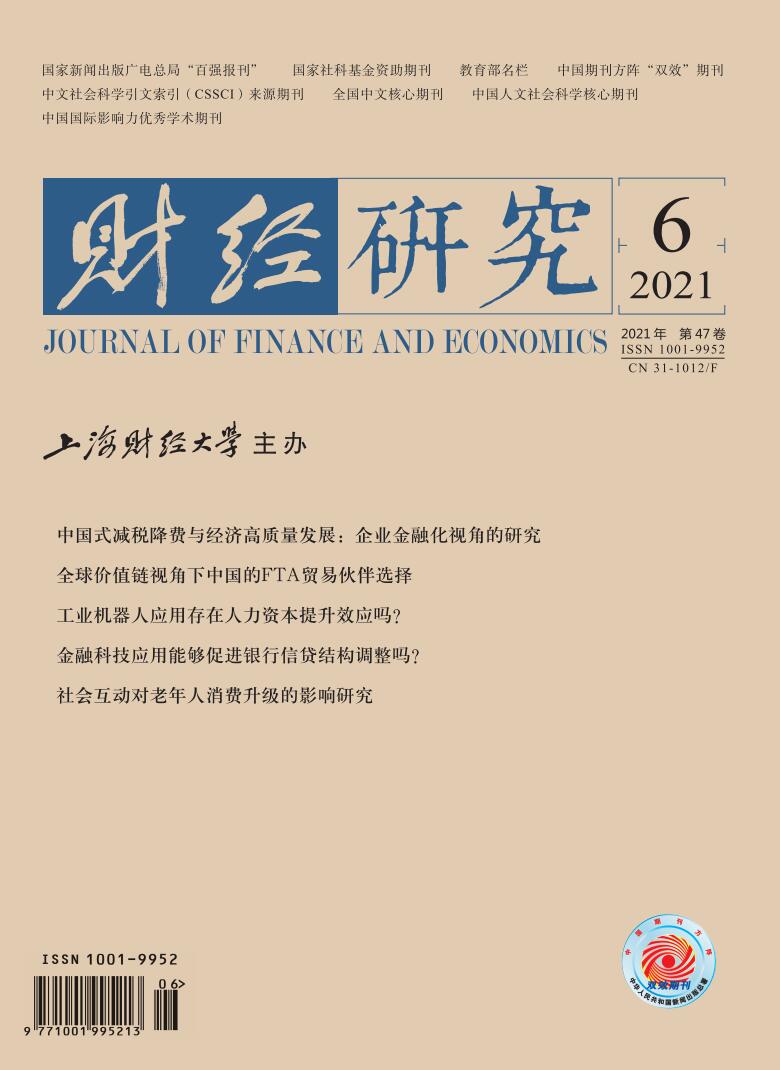Under the “dual circulation” development pattern, China’s financial system should pay more attention to inclusive finance and serve a wider range of long-tail customers. However, the highly fragmented market structure and long-lasting information asymmetry have restricted banks from providing them effective financial services. With the advancement of technology, Fintech has provided possible solutions for commercial banks to expand their long-tail customers efficiently. Whether and to what extent the development of Fintech can promote the adjustment of bank credit structure in a direction that is more in line with the “dual circulation” development pattern is a question worth exploring.
This paper uses a theoretical model to analyze the mechanism of Fintech application on bank credit expansion. By collecting the public information to construct individual-level indicators for the cooperation between commercial banks and financial technology companies, and using the PSM-DID method, this paper selects the panel data of 220 Chinese commercial banks from 2011 to 2018 to explore the impact of Fintech application on the credit structure of commercial banks in China.
The research results show that: (1) The application of Fintech is beneficial to improve banks’ ability to process soft information, improve information accuracy, incorporate more long-tail customers into the business scope, and promote the adjustment of bank credit structure and customer structure. (2) The heterogeneity results show that, compared with national banks, the application of Fintech under the external cooperation mode has a more significant impact on the credit structure adjustment of regional banks. (3) Expansion research finds that the high-risk premium for long-tail customers has improved the profitability of banks and promoted banks to further actively expand their retail business.
Based on the results, this paper suggests that commercial banks should use Fintech to extend their service radius and achieve business sinking; different types of banks should formulate their own Fintech development paths to accelerate digital transformation; small and medium-sized banks should strengthen cross-regional cooperation and further strengthen the risk sharing and credit enhancement mechanism of inclusive finance.
The possible marginal contributions of this paper are that: First, it links Fintech with the credit structure adjustment of commercial banks, explores the causal relationship between the two through theoretical models and empirical research, and makes further analysis from the perspective of bank heterogeneity and profitability, which enriches the research content in related fields. Second, it uses the cooperation between banks and Fintech companies to construct individual-level indicators that help to more accurately measure banks’ use of financial technology, and provide new ideas for empirical research in related fields. Third, compared with most literatures in this field, it has more sample banks and more comprehensive research objects, which helps to get more general conclusions.






 5611
5611  8760
8760

